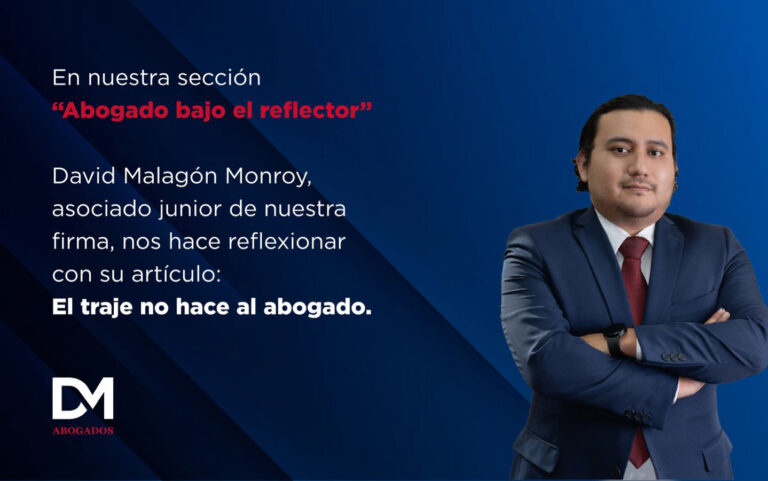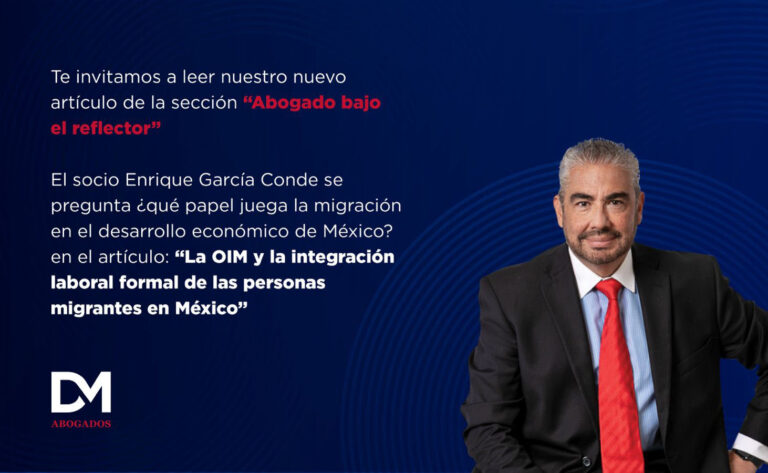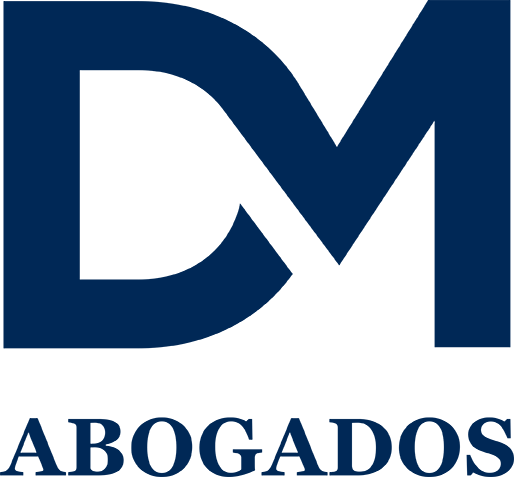In this last presidential six-year term, Mexico has undergone significant transformations in the field of Labor Law and Unionism, driven by legal reforms promoted by the current administration and international treaties. These changes are redefining the relationship between employers, employees, and unions, creating a new paradigm in the management of labor and union relations.
New dynamics in union legislation and practice
One of the highlights of these reforms is the renewed focus on union democracy and transparency. Oscar De la Vega, a prominent labor lawyer, explains the relevance of these changes.
“With the USMCA, Chapter 23 and its Annex 23A, labor matters acquired a highly important different dimension at the international level”, he tells Líder Empresarial.
This comment emphasizes how the new regulations seek to strengthen fundamental principles such as freedom of association and collective bargaining.
Additionally, De la Vega brings attention to the importance of modernization of legal practice:
“Today, there are two highly important principles in the new processes, which cause a 180-degree turn at the level of imparting justice. On the one hand, the judge is now present in all of the hearings, he is looking you in the eye, because these hearings are public, there are even video recordings. On the other hand, there is another concept: the supremacy of reality. That is, formerly matters were lost or won based on conventions, this is different now”, De la Vega points out.
This remark shows an evolution toward procedures in labor courts that are more transparent and participatory, marking a drastic change in the way in which labor proceedings are handled in Mexico.
Implications for employers and the business environment
The labor reform has created the need for employers to adapt to a more regulated and transparent environment, in which compliance and the proper management of labor relations become critical. The new legal frameworks demand that lawyers and Human Resources departments are not only well informed about the local laws, but also about international laws, particularly those that affect the operation of companies with foreign trade activities.
The implementation of these reforms has also changed the role of unions and their interactions with companies. Empowering workers through free and secret union elections is a notable change, offering workers a greater control over their union representatives. This process ensures that union leaders truly represent the interests of the union members, instead of perpetuating the patronage systems that prevailed before.
Future challenges and opportunities
The challenges that arise from these transformations of labor law are significant. Companies must navigate a complicated landscape of collective bargaining and legal compliance. Unions, in turn, face the need to modernize and become truly representative. These difficulties, however, also present opportunities for improvement in labor relations and promote a fairer and more equitable environment for workers.
Changes in unionism and labor law in Mexico are definitively configuring a new terrain for everyone involved. As the country continues to become more deeply integrated in the global economy, the way in which it handles these labor reforms will be crucial for its future social and economic development.



